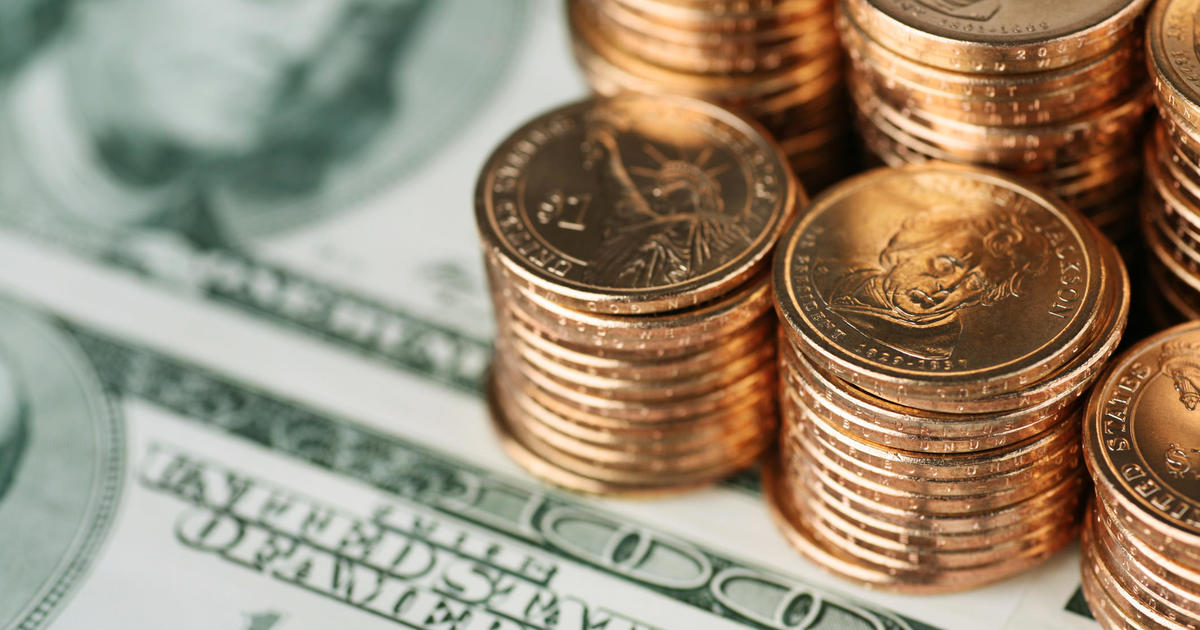Nelson Peltz vs. P&G could be an epic brawl
Billionaire activist investor Nelson Peltz is challenging Procter & Gamble (PG) in what could be the biggest proxy battle in history, and he has previously found ways to turn corporate lemons into profitable lemonade.
Take his pursuit of Snapple 20 years ago. Peltz's investment company, then called Triarc and now called Trian Partners, acquired the maker of iced teas and other beverages for $300 million from Quaker Oats in 1997. That was 27 months after the packaged food company acquired Snapple for $1.7 billion in what one newspaper dubbed "one of the worst flops in corporate-merger history."
Three years later, Triarc sold Snapple for about $1 billion to Cadbury Schweppes, a turnaround so noteworthy that it was written up as a case study in the prestigious Harvard Business Review.
Fast forward to 2006, and Peltz sets his sights on ketchup maker H.J. Heinz, which had undergone six restructurings in the previous decade, while its share price had plunged over eight years before Trian began significantly adding to its position. Peltz won two seats on Heinz's board for himself and former Snapple executive Michael Weinstein after pressing Heinz's management to spend more money on advertising, a strategy that paid off.
Six years later, Peltz helped negotiate the sale of Heinz to Warren Buffett and 3G Capital for $23 billion.
But he isn't without his critics.
"He is a smart, talented, insightful and experienced professional. I believe, however, that his performance is uneven, and his motives are too short-term-oriented," said Jeffrey Sonnenfeld of the Yale School of Management.
Peltz, who also has tangled with Wendy's (WEN), snack-food maker Mondelez International (MLDZ) and DuPont, is showing a lighter touch with Procter & Gamble. He isn't demanding the company break itself up, put itself up for sale or replace current CEO David S. Taylor. But P&G has refused to expand its board to allow Peltz to join, arguing that its current members are "best in class."
Nonetheless, Pelz is calling for P&G to take "decisive action" to get itself out of its current rut, a view many shareholders agree with, according to Ali Dibadj, an analyst with AllianceBernstein. In the past year, P&G's stock price has risen just 1.8 percent, and over the past three months it's down by 3.1 percent. The comparable figures for the broad market S&P 500 stock index are up by 13.8 percent and 4.7 percent, respectively.
"P&G needs an outside perspective, and Nelson Peltz is one who certainly has an external point of view and isn't shy about sharing his views," said Dibadj, who rates the company's shares as "outperform."
Erin Lash of Morningstar, however, argued that P&G is taking "prudent steps" to address its financial situation, including shedding more than 100 brands in recent years. It has slashed $10 billion in costs over the past five fiscal years and aims to deliver another $10 billion in savings during the next five. Peltz counters, however, that no evidence shows the cost cuts are effective.
But management's efforts have begun to pay off in key markets such as laundry and baby products, in which P&G has posted gains. However, success in other areas such as beauty products has proven to be more elusive, according to Lash. She's skeptical that it would make much of a difference for shareholders if Peltz joined the board.
"Procter & Gamble is working to course-correct from entering too many new markets quickly and failing to bring on-trend products to market, particularly in emerging markets, where competitors already have a leg up," Lash wrote in a note to clients. "However, we think P&G's strategic actions over the past few years indicate it is parting ways with its former self to become a more nimble and responsive player in the global consumer product arena."
Pelz singled out P&G's Gillette business as a cause of concern, arguing in an interview with CNBC that it was caught flat-footed by new rivals such as the Dollar Shave Club, which Unilever acquired for $1 billion last year.
A spokeswoman for Peltz declined to comment for this story.
P&G argues it's always willing to consider new ideas that may boost shareholder value. But it said Trian "has not provided any new or actionable ideas to drive additional value for P&G shareholders beyond the continued successful execution of the strategic plan that is in place."



